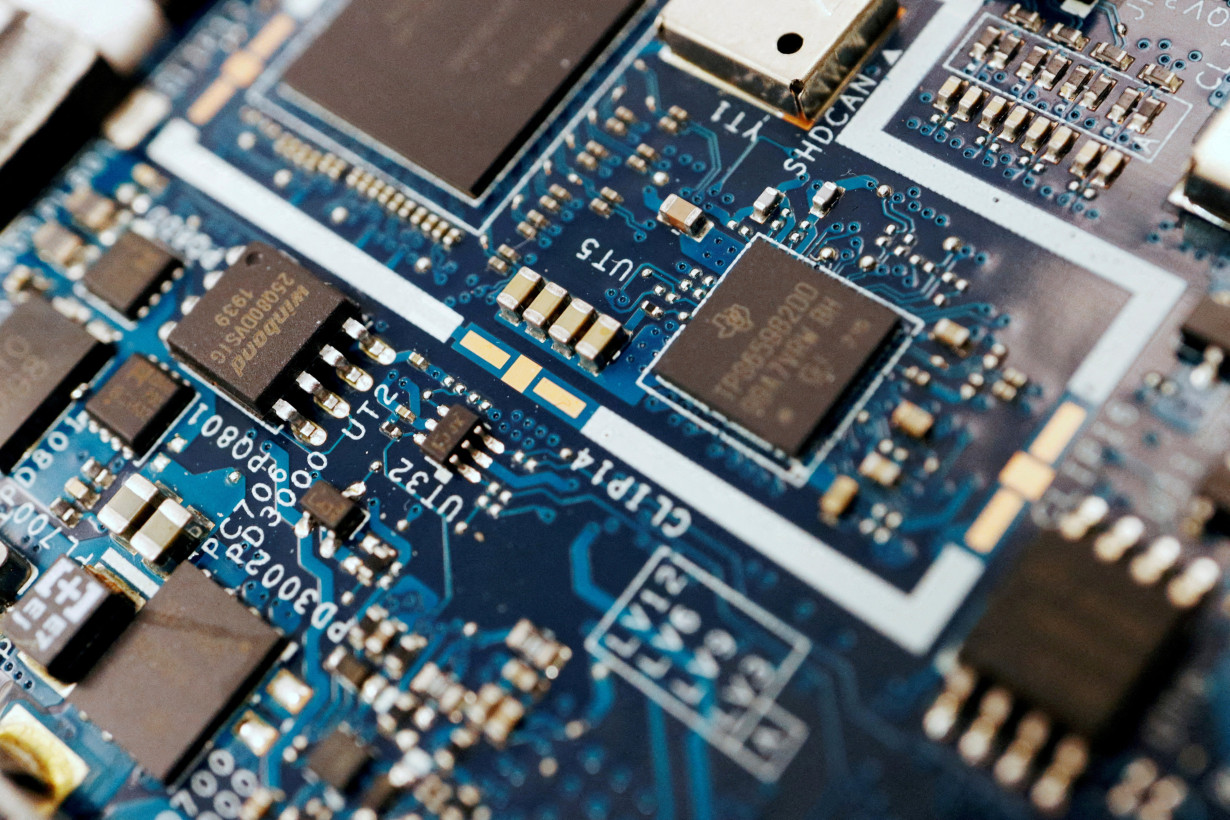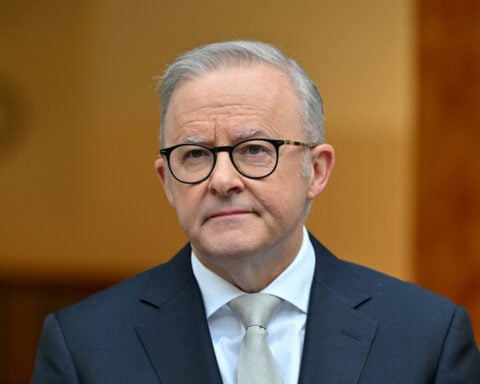By Stephen Nellis
SAN FRANCISCO (Reuters) - Cerebras Systems, a Silicon Valley-based AI chip company, and Canadian chip startup Ranovus said on Tuesday that they had been awarded a $45 million contract from the U.S. military to speed up connections between computing chips.
Cerebras, which aims to challenge Nvidia in the AI chip race, has already filed for an initial public offering. Unlike most competitors whose chips are a bit larger than a U.S. postage stamp, Cerebras makes chips the size of a dinner plate. It is betting its roughly foot-wide chip can outperform Nvidia's cluster of smaller chips.
The contract with the Defense Advanced Research Projects Agency (DARPA) will focus on connecting Cerebras chips together with networking technology from Ranovus, an Ottawa, Ontario-based firm with backing from the Canadian government.
Ranovus uses light, rather than electrical signals, to transfer information between chips more quickly and using less power.
The challenge of integrating these optical connections directly with computing chips has kicked of a funding frenzy as startups seek different ways to solve the problem.
Cerebras and Ranovus would not provide details on how they plan to tackle this, but said DARPA was looking for computing systems capable of simulating complex battlefields in real time.
"We want to do something that's 150 times faster and uses three watts instead of 30," Cerebras CEO Andrew Feldman told Reuters on Monday. "That's why we brought the idea to DARPA. They have a reputation for providing funding for extremely difficult, extremely transformative projects."
Ranovus has produced demonstration chips with Advanced Micro Devices and Taiwan's MediaTek, but said the collaboration with Cerebras will involve new technology that it has not yet shown.
"What we plan to do together is something very different," Ranovus CEO Hamid Arabzadeh told Reuters.
"There are new things that we have developed in the past year that we're going to bring into this project, which we haven't publicly announced."
(Reporting by Stephen Nellis in San Francisco; Editing by Himani Sarkar)

 Trump has begun another trade war. Here's a timeline of how we got here
Trump has begun another trade war. Here's a timeline of how we got here
 Canada's leader laments lost friendship with US in town that sheltered stranded Americans after 9/11
Canada's leader laments lost friendship with US in town that sheltered stranded Americans after 9/11
 Chinese EV giant BYD's fourth-quarter profit leaps 73%
Chinese EV giant BYD's fourth-quarter profit leaps 73%
 You're an American in another land? Prepare to talk about the why and how of Trump 2.0
You're an American in another land? Prepare to talk about the why and how of Trump 2.0
 Chalk talk: Star power, top teams and No. 5 seeds headline the women's March Madness Sweet 16
Chalk talk: Star power, top teams and No. 5 seeds headline the women's March Madness Sweet 16
 Purdue returns to Sweet 16 with 76-62 win over McNeese in March Madness
Purdue returns to Sweet 16 with 76-62 win over McNeese in March Madness








